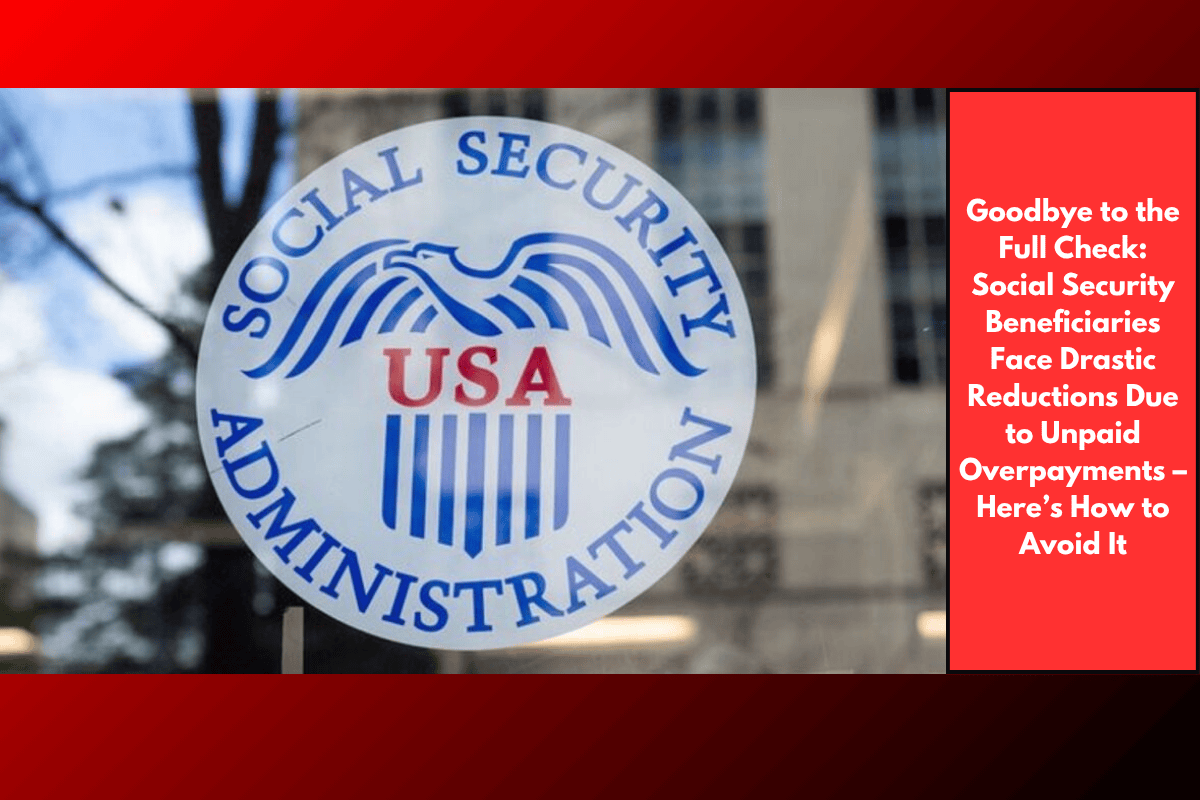Changes to Social Security payments have been set in motion, and millions of beneficiaries are feeling the impact. The Social Security Administration (SSA) has started recovering overpayments, leading to reductions of up to 50% in monthly benefits. While some beneficiaries are facing these cuts, others, particularly public sector workers, are seeing increases. In this article, we’ll break down the details of these changes and offer advice on how to avoid unexpected reductions.
Why Are Payments Being Reduced?
Since April 2025, the SSA began notifying beneficiaries who were affected by overpayments due to errors or failure to report income changes. Some people were overpaid either because of mistakes by the SSA or because beneficiaries did not update their income status with the administration. This led to excessive payments, which the SSA is now recovering. As of July 24, 2025, those affected by these overpayments have seen their monthly benefits reduced by 50%.
This drastic change can be a financial strain for many, especially those who did not respond to the SSA’s notifications or missed their 90-day appeal period. However, it’s not too late to act. If you can prove you were unaware of the overpayments or cannot afford the reduced amount, you may be able to negotiate with the SSA for more manageable payments. Additionally, you can make a full payment to clear your debt through the SSA’s website using a credit card, online banking, or check.
Public Sector Workers: A Positive Change
On the flip side, public sector workers who had previously been affected by deductions in their Social Security benefits are now seeing positive changes. In January 2025, the Biden administration repealed the Social Security Fairness Act, which previously made it difficult for public workers in certain jobs—like firefighters, teachers, police officers, and mail carriers—to receive the full benefits of Social Security. As a result, these workers are now receiving retroactive payments for the benefits they were denied.
Thanks to this repeal, public sector workers will receive an average of $6,710 in back payments. The SSA reports that over 3.1 million retroactive payments have already been processed. This is a significant relief for those who have been waiting for fair treatment regarding their Social Security benefits.
SSA Expectations and the Financial Impact of Overpayments
The SSA’s Office of the Inspector General found that improper payments, although accounting for only 1% of the $8.6 trillion paid out from 2015 to 2022, total a massive $72 billion. By September 2023, the SSA had already recovered about $49 billion, but much of the overpayment still remains uncollected.
Despite the recovery efforts, the process of dealing with claims and disputes has caused a backlog. More than 278,000 applications are still being processed, including claims from beneficiaries who disagree with the overpayment deductions or wish to negotiate more manageable payment amounts. In addition, many public sector workers are filing applications to receive their retroactive payments.
How to Avoid Payment Reductions
To avoid surprises in the future, it’s crucial for beneficiaries to keep their Social Security profiles up-to-date. This includes reporting any changes in income or personal information promptly. Failing to update your profile can result in overpayments, which could lead to reductions in your benefits.
If you believe you are affected by overpayments, it’s important to address the issue as soon as possible. Even if you missed the 90-day appeal period, there may still be room to negotiate or make a one-time payment to settle the debt. Keeping communication open with the SSA and staying on top of your records is key to preventing unexpected issues.
The changes to Social Security payments are affecting millions of beneficiaries, with some facing a 50% reduction in their monthly benefits due to overpayments. While this situation can be frustrating, especially for those who missed the opportunity to appeal, there are options available to negotiate or pay off the debt. On the flip side, public sector workers are benefiting from retroactive payments thanks to the repeal of the Social Security Fairness Act. To avoid future complications, it’s important to keep your Social Security information updated and to stay informed about any changes that may affect your benefits.














